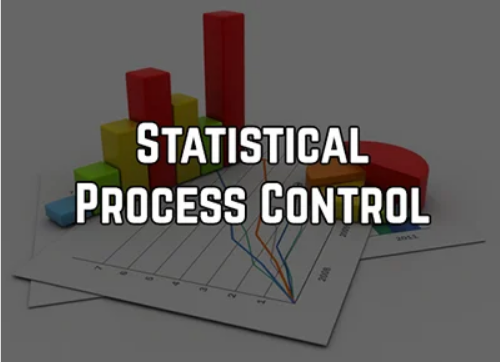STATISTICAL PROCESS CONTROL (SPC) AND CONTROL CHARTS - IN ACCORDANCE WITH LATEST FDA EXPECTATIONS
🎤 John E. Lincoln | 📅 January 21, 2025 | 🕒 11 AM Eastern Time US
  | Areas Covered in the Session :
|
Description
Statistical process control (SPC) is a method of quality control which employs statistical methods to monitor and control a process. It is one of the fifteen subpart requirements of the US FDA’s QS Regulation, 21 CFR 82, the Medical Device cGMP’s. It can be a key tool in meeting the Production and Process Control (P&PC) requirements of those same CGMPs and those of the Drug CGMPs, 21 CFR 211. SPC used in P&PC and the required periodic quality system analysis, helps to ensure that the process operates efficiently, producing more specification-conforming products with less waste (rework or scrap). SPC provides advantages in any production process where the “conforming product” (product meeting specifications) output can be measured.
Why You Should Attend:
This webinar will define what are the US FDA’s expectation for the use of statistical techniques, e.g., 21 CFR 820.25, for establishing, controlling , and verifying the acceptability of process capability and product characteristics, sampling plan justifications for product acceptance or validation and other studies. Increasingly regulatory agencies require trend analysis for non-conformances, complaints, and CAPAs as part of CGMP compliance. Subject areas considered are:
– SPC in production, test and lab equipment
– Sampling plan justification
– Verifications and validations
– Trending: Non-conformances, complaints, and CAPAs
Who Should Attend :
- Quality Assurance Departments
- Quality Control Departments
- Research and Development Departments
- Regulatory Affairs Departments
- Manufacturing Departments
- Engineering Departments
- Operations Departments
- Production Departments
- Validation Departments
- Marketing Departments
- Documentation Departments
